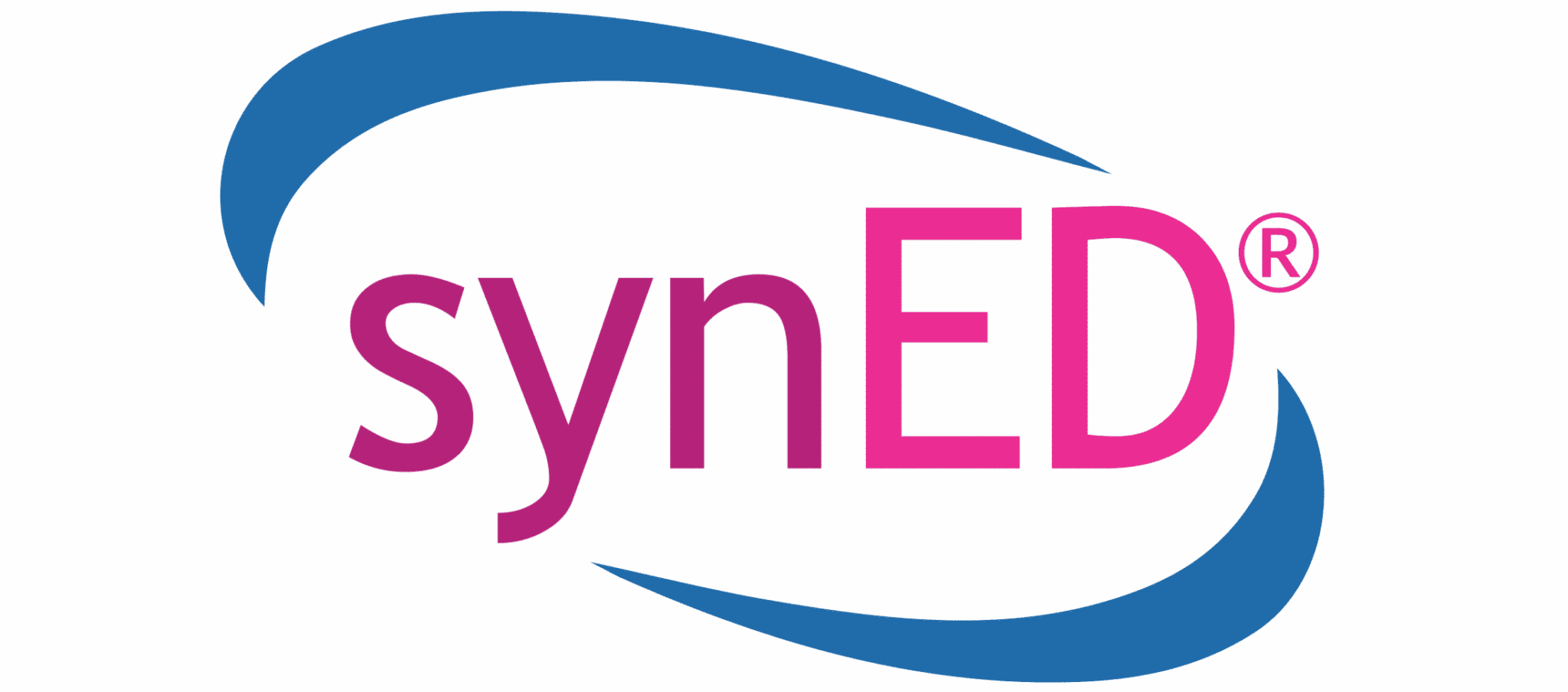
The quarterly review of innovative applications in alternative education
EXECUTIVE SUMMARY
Back to the FUTURE: With Vygotsky at the Wheel
One of the more baffling aspects of human behavior is: “Why do we do things that we know are not good for us?” We know smoking takes years off our lives, but we smoke anyway. The list goes on: lack of exercise, alcohol, fast foods, fast driving and risky business. For some things, we live in a suspended state of disbelief – willfully ignoring evidence or reason. Surely a question worthy of Shankar Vedantam (Hidden Brain).
And why do we cling to the sacrosanct lecture as the primary modality of education when its flaws are well documented? Certainly, many educators explore and practice “alternative” methodologies – some of which are highlighted in this volume. But the evidence is unambiguous: a lecture is a crappy way to teach.
Distributing information is NOT education. Education is NOT a transaction. Nor is education “delivered” by AMAZON or even THE UNIVERSITY OF PHOENIX. It is not a commodity. In fact, it’s not even a noun. The “transmission of knowledge” is a mechanistic and fraudulent description of learning.
There are better ways to learn and they can be found at all levels of education. But before going there, let’s look at some theoretical frameworks for alternative modalities. Because, a little theory hurts no one.
TOPICS DISCUSSED
01 Lev Vygotsky – Sociocultural Theory of Cognitive Development
Vygotsky was convinced that learning occurred through interactions with others in our communities: peers, adults, teachers, and other mentors.
02 Social Learning Theory
Bandura’s work is related to the theories of Vygotsky and Lave which also emphasize the central role of social learning. Social interaction is a critical component of situated learning — learners become involved in a “community of practice” which embodies certain beliefs and behaviors to be acquired.
03 The Social Foundation of Team-Based Learning: Students Accountable to Students
Members of a group consider themselves mostly accountable to an external authority, while members of a team also hold themselves and each other accountable. In moments of contribution and accountability, discussions of course material in the TBL classroom acquire a remarkable emotional charge.
04 Why Do Human Beings Engage? 26 Impulses That Sustain Engagement
Human beings engage in a task for many different reasons. Educators, marketers, retailers and game developers all seek engagement. For an educator, engagement leads to persistence and achievement.
05 Team-based Learning
Team-based learning incorporates the main elements of constructivist learning, in which the “focus is on the mental representation” of information by the learner.
06 Theoretical Foundations of “Competitive Team-Based Learning”
Competitive Team-Based Learning (CTBL) provides students more opportunities to obtain knowledge, comprehend it, understand it, apply it, analyze it, synthesize it, and evaluate it.
07 The Rise of Project Based Learning (PBL)
We have the Internet as a global information and communications medium. Add to this the ubiquity of computing devices and teachers are no longer the source of all knowledge in the classroom. Instead, they are now a facilitator of it and a guide in discerning which knowledge is useful and how it can be applied effectively. Social media has also created collaboration by osmosis and this needs to be met head-on in the classroom or we become irrelevant – not because we are behind the times, but because we are not recognizing both our changing world and our changing audience. 08 How to Make PBL a Reality in a Distance Learning Environment
Seven Key Ideas for Making Project-Based Learning a Reality in Distance Learning.
09 Grow Your Personal Learning Network
Information and communication technologies (ICT), including an ever-growing repertoire of open-source applications, have freed content from the printed page, giving voice to the ideas of people we have never had access to before and enabling us to reshape our information experiences to suit our learning needs.
10 Playing Action Video Games Can Boost Learning
This book is a solid roadmap for younger jobseekers who are just learning the ropes of working and need some guidance.
11 Gaming As a Teaching Tool
While gaming thrives as a $120 billion industry built around entertainment, its application has charted new and exciting territory in recent years. Militaries use them for training exercises, smartphones apply their principles to track fitness, and, in classrooms, they are wielded as a tool for teaching.
